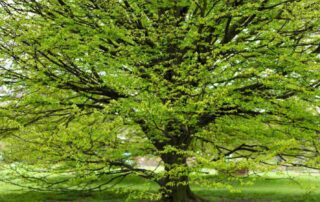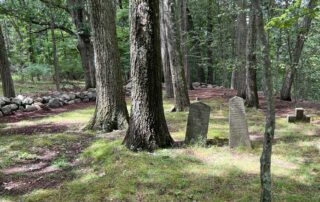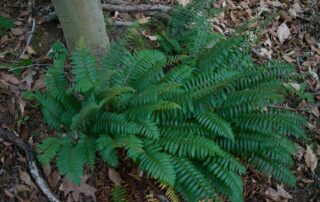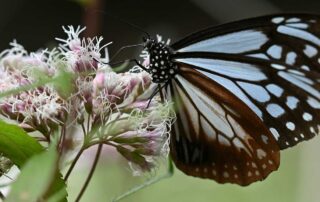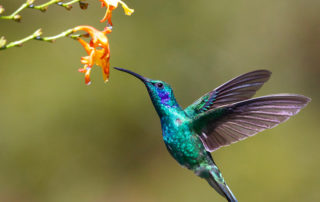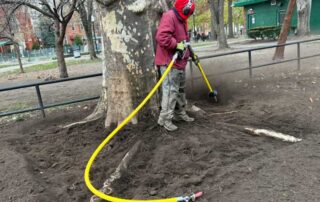American Hornbeam
American Hornbeam | Carpinus caroliniana is the most climate-adaptable of our native tree. A 2022 Urban Tree of the Year This native cultivator adapts to a wide range of soil textures, moisture levels, drainage patterns and pH levels.

